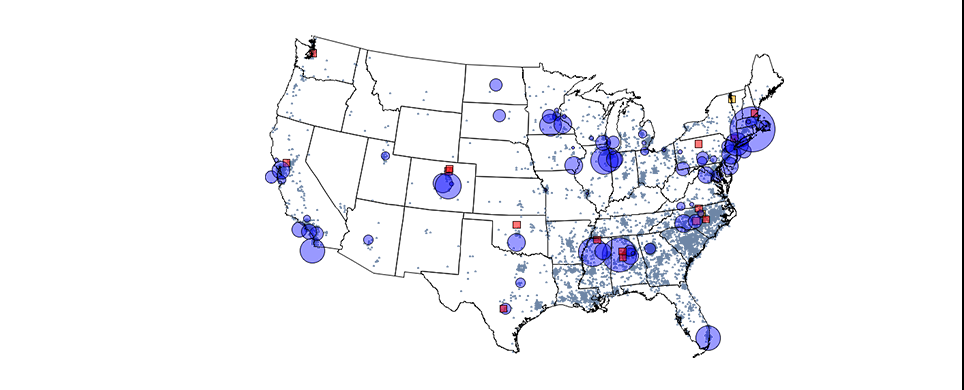Overview
What is C4R?
A cohort study is a type of study that allows researchers to follow participants over a period of time – often over many years. During the follow-up period, some of the cohort will be exposed to a specific risk factor or characteristic. Researchers keep track of these exposures as well as participants’ health outcomes, which helps to build an understanding of what factors increase or decrease the likelihood of developing disease.
C4R is a “cohort of cohorts,” because it brings together 14 cohort studies that have been following up participants from across the US for up to 50 years. Our goal is to improve understanding of what factors increase or decrease the likelihood of developing severe COVID-19 or post-acute sequelae of SARS-CoV-2 infection (PASC). The cohorts are collaborating so that, together, they can help to examine both common and more rare COVID-19 outcomes.
What makes C4R different from other studies of COVID-19?
C4R is just one of many studies regarding the health effects of COVID-19. C4R is unusual in that many of the participants in in C4R have been followed for decades, and they have undergone detailed health assessments regardless of whether they had any known health problems. For example, most individuals do not get imaging of their heart if their doctor does not suspect a heart condition; however, in some of the cohorts included in C4R, almost every participant was invited to have heart imaging. Similarly, many participants have imaging of their lungs and brains, as well as blood and genetic tests. So, C4R has a tremendous amount of information on participants’ health before the COVID-19 pandemic. This provides an important opportunity to understand how pre-COVID conditions may increase or decrease the risk of having severe COVID-19 or PASC.

